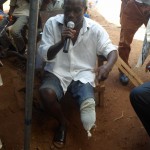
Western Cote d'Ivoire cities are still deeply divided along political and ethnic lines following violent 2010 elections. Facilitating peace and reconciliation is a daunting task for Ivoirian authorities and civil society, but it is crucial to ensure nonviolent and inclusive presidential elections in 2015.
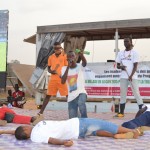
Soccer is a major national pastime in Côte d'Ivoire, one that transcends ethnic divides that remain following the country’s 2010-2011 post-electoral crisis. The national team, Les Éléphants, is a major source of pride for the country, especially in light of their victory in the recent Africa Cup of Nations on Feb. 8.
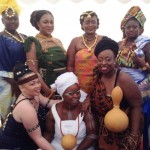
More than a decade of political and economic crisis has driven deep wedges between the different ethnic groups that make up Côte d'Ivoire. Social cohesion was further eroded by the post-election crisis of 2010-2011, during which 3,000 people died and tens of thousands more were raped, injured or displaced.
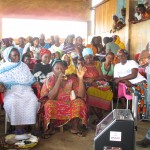
The town of Duékoué in western Côte d'Ivoire was among the worst hit during the country’s 2010-2011 post-electoral crisis. Violence centered on the neighborhoods of Kokoma and Carrefour, where nearly 1,000 died in clashes between ethnic groups.
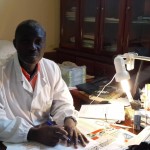
When Dr. Anwanzi Ahui, a physician in Côte d'Ivoire, heard about a private sector network for HIV patients, he was immediately interested. He knew there was great demand for HIV services, so he signed on to be part of the pilot program.








Comment
Make a general inquiry or suggest an improvement.